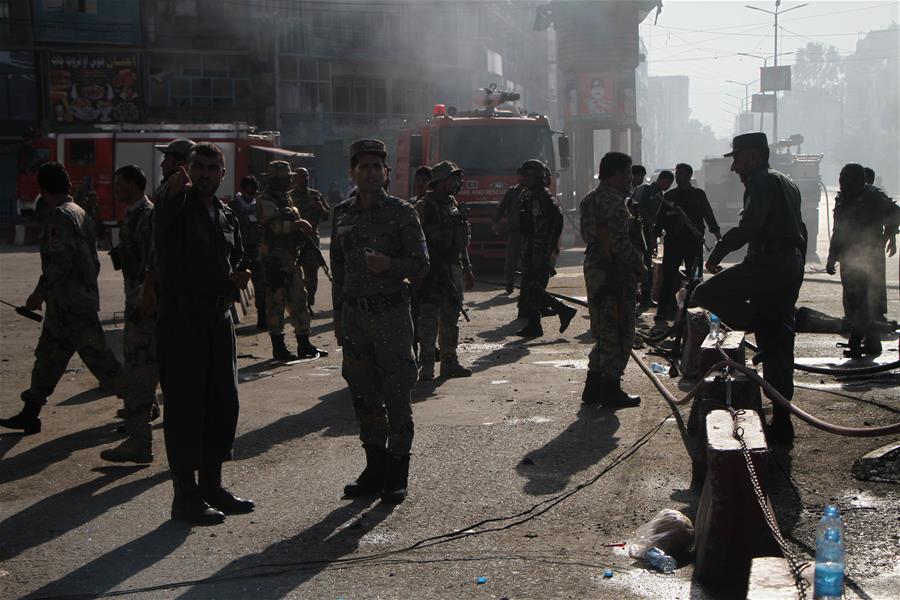There is poetry in the fact that when the Cassini spacecraft burns up in Saturn's atmosphere on Friday, ending its mission, the bus-sized spacecraft will become a part of the planet it has admired from close range for 13 years.
But as with all things involving spaceflight, the reason for Cassini's collision course with Saturn is nothing if not practical.
SEE ALSO:How Cassini quietly transformed our understanding of the solar systemCassini is quickly running out of rocket fuel, and if left to its own devices, the orbiter would wander around the Saturn system uncontrolled, eventually crashing into whatever body that's unlucky enough to be in its way.
This means that the probe could smash into one of the planet's potentially habitable moons. And that won't work for the people who control it back on Earth.
Via GiphyInstead of allowing Cassini to crash where it may, scientists have programmed the spacecraft to plunge into Saturn's atmosphere all in the name of protecting the planet's natural satellites.
"Cassini is ending its 13-year tour of the Saturn system with an intentional plunge into the planet to ensure Saturn's moons -- in particular Enceladus, with its subsurface ocean and signs of hydrothermal activity -- remain pristine for future exploration," NASA said in a statement.
On Earth, there's life basically anywhere there's water, so NASA is particularly protective of other worlds that may have water on them or within them.
In other words, NASA wants to keep Enceladus, Titan, and other moons in the Saturn system untouched because who knows what a crash-landing from a human-made probe could do to any native alien life that might be budding there.
And of course, we wouldn't know much of anything about Enceladus and Titan without Cassini's dogged work exploring Saturn and its many moons.
But beyond concerns about interrupting the lives of microbes, NASA and other space agencies try to take a "leave no trace" approach to space exploration when they can, opting for controlled crashes into planetary bodies when they have to park a spacecraft somewhere after a (hopefully) long mission.
Cassini has been exploring Saturn since 2004 when it arrived at the ringed planet. The mission launched in 1997, and has essentially revolutionized our understanding of how Saturn and its complex system of 53 official moons works.
The spacecraft is now on course to crash into Saturn Friday, when mission managers will lose touch with the spacecraft at about 7:55 a.m. ET.
Featured Video For You
NASA has discovered a water world in our solar system capable of sustaining life


 相关文章
相关文章




 精彩导读
精彩导读



 热门资讯
热门资讯 关注我们
关注我们
